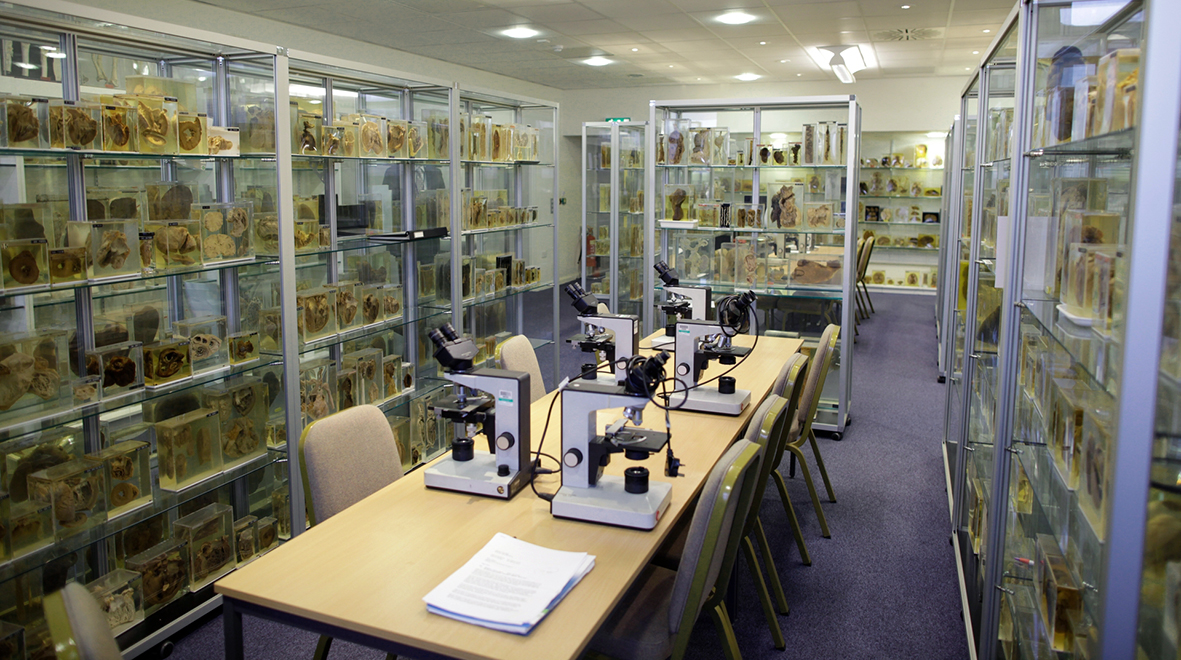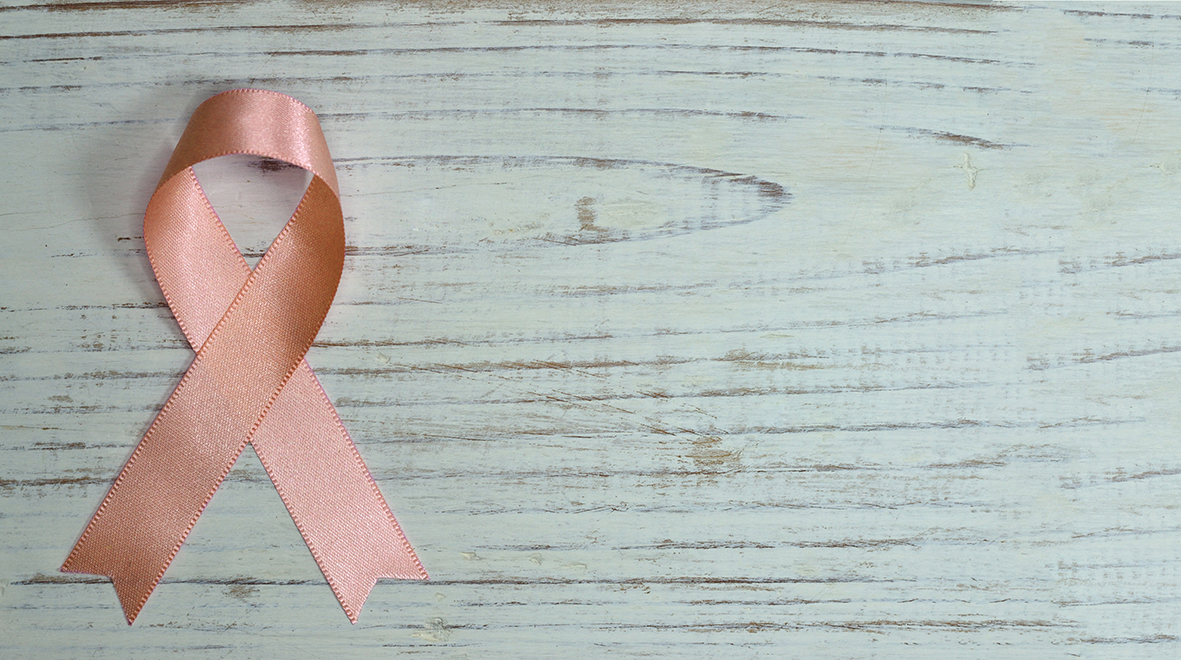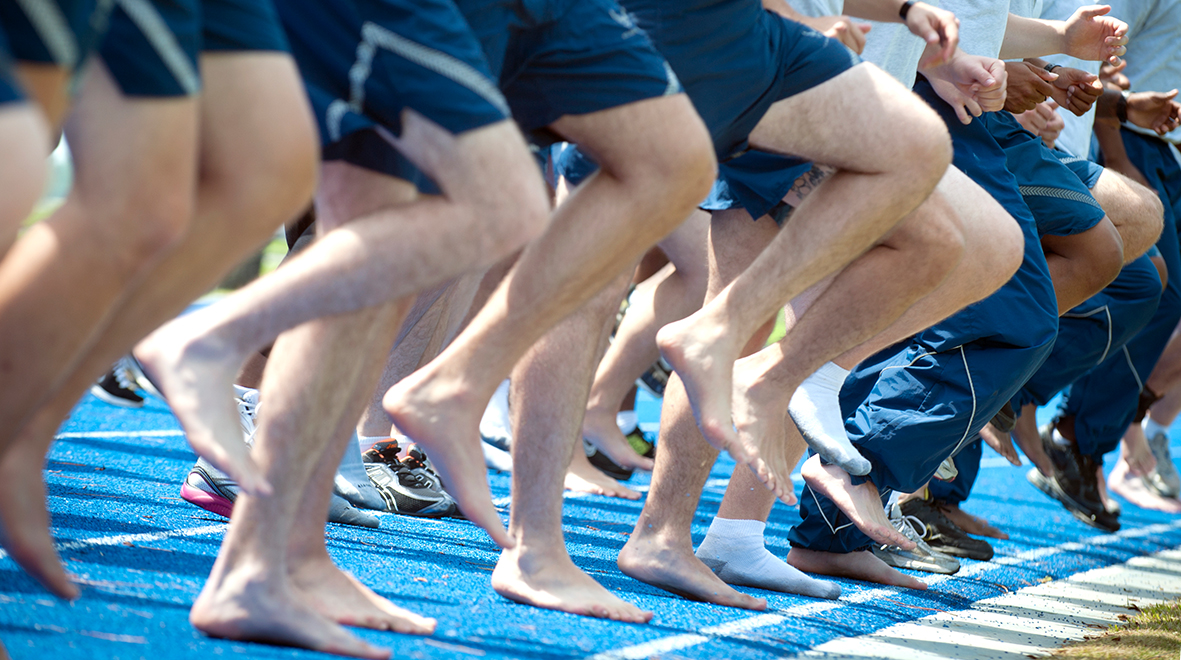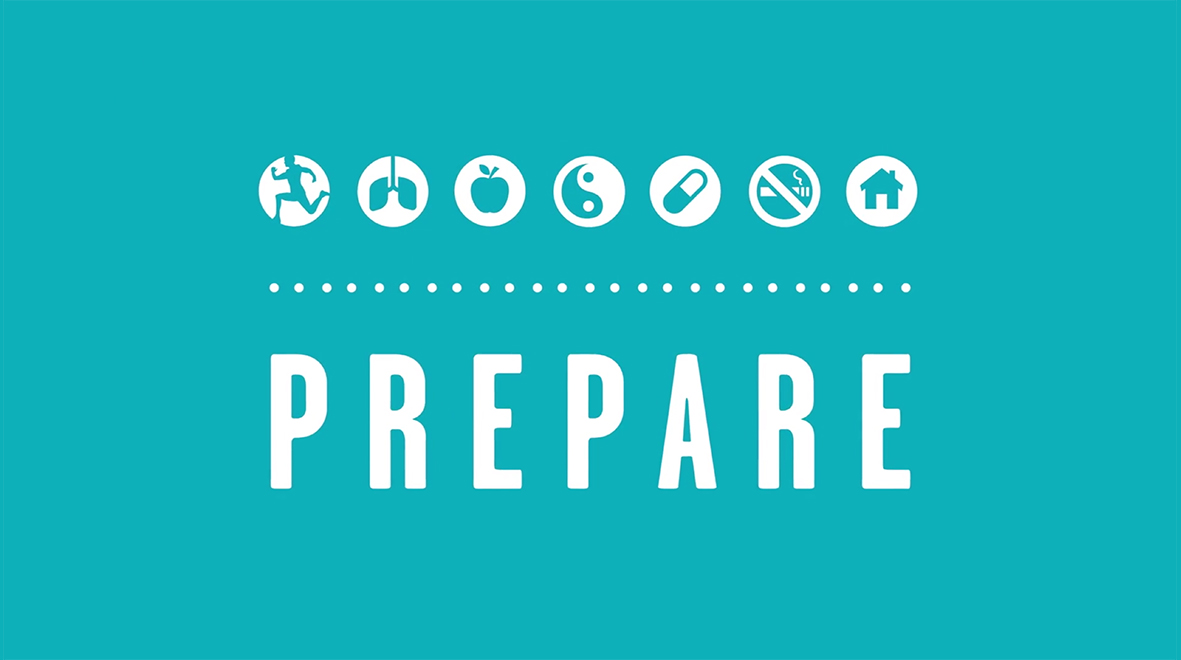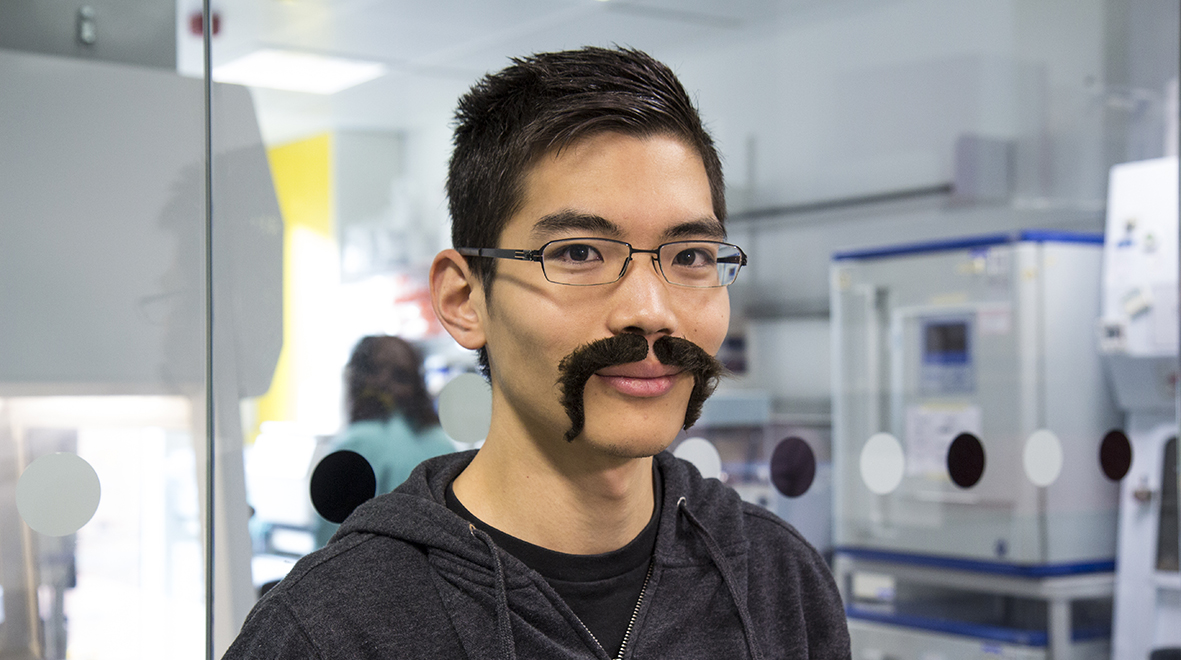
To mark Movember, PhD student Akifumi Shibakawa explains how Movember cash is funding prostate cancer research at Imperial and how to get involved in the fundraising.
It’s that time of the year again, when men grow moustaches around the globe. It all started in 2003, when two guys in Australia had the idea to make moustache-growing fashionable again. For a greater cause, they made this campaign about men’s health and established the Movember Foundation. As you may know, the campaign became an international phenomenon, attracting over 300,000 participants in more than 20 countries in 2016. (more…)
